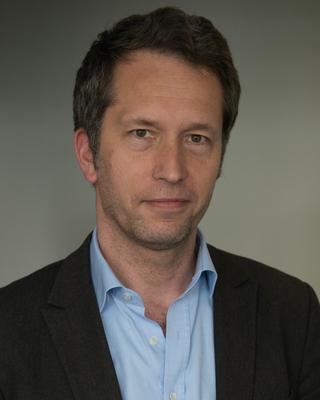Media Global Economy 2022.01.28
The economic efficiency of China's fight against corruption
Le Monde on January 14th, 2022
This article was initially published in French in Le Monde newspaper on 14. January 2022, as part of a series of monthly columns on Asian economies. The original article can be found here: https://www.lemonde.fr/idees/article/2022/01/14/l-efficacite-de-la-lutte-anticorruption-en-chine_6109525_3232.html
Sébastien Lechevalier reports, in his column for “Le Monde”, on a Chinese-South Korean study on the ambiguous effects of Chinese President Xi Jinping's anti-corruption campaign in state-owned enterprises.
The anti-corruption campaign initiated by Xi Jinping in 2013 has led to a significant improvement in the financial performance of Chinese state-owned enterprises (SOEs). This is shown by a study by two economists, one South Korean, the other Chinese, whose objective is not to validate or not Xi Jinping's policy, but to contribute to the analysis of the relationship between corruption and development in the context of authoritarian regimes ("The Effect of the Xi Jinping Administration's Anticorruption Campaign on the Performance of State-Owned Enterprises", Kwangho Jung and Long Piao, Asian Survey, September-October 2021).
The first two phases of economic reform in China (between 1978 and 2003) resulted in gradual privatization, which led to a well-documented rise in corruption. In response, from 2004 onwards, there has been an absolute and relative increase in the number of state-owned enterprises. It is because this third phase failed to significantly reduce corruption that a campaign is being conducted from 2013 onwards.
Previous research in several Asian countries had shown a concomitance between high levels of corruption and good macroeconomic performance, which led to the thesis of an "Asian paradox": in certain authoritarian countries, economic growth is possible despite the presence of corruption; on the contrary, it can even be a source of efficiency.
A new approach since 2013
Rather than trying to distinguish between predatory and 'efficient' corruption to explain this paradox, Kwangho Jung and Long Piao have studied the relationship between corruption and performance at the micro level. They mobilize a database of about 2,500 Chinese state-owned and private firms for the period 2003-2017, allowing them to compare the performance of these two categories of firms before and after 2013.
Not only has the financial performance of state-owned enterprises improved, but it has become on average better than that of private enterprises, over which the state has less control.
An important question remains, which the authors leave aside: was it really Xi Jinping's objective to improve the performance of state-owned enterprises, or were his goals much more political: to consolidate his power by gaining a form of legitimacy, while eliminating his opponents and competitors? What is certain is that this campaign differed from previous ones by adopting financial performance as a dual criterion for detecting problems and solving them.
An effective tool for development
However, there are some lessons to be learned from this study in terms of development policy. The main one is that, in the Chinese case, while the policy implemented from 2013 onwards has been effective from an economic point of view, it remains to be seen whether it is sustainable in the long run. Indeed, it has been based on the repression of officials suspected of corruption, and not on institutional mechanisms to improve transparency.
This policy has led to greater state interference in the operation of state-owned enterprises, and greater uncertainty for the latter and for regional economic development. But beyond the Chinese case, this study shows that corruption in authoritarian regimes is not inevitable.
Privatization and liberalization are far from being a solution to corruption, on the contrary. Anti-corruption policies, on the other hand, can lead to improved business performance and state capacity building while promoting effective institutional transformation. The fight against corruption is indeed an effective tool for development.
Column by Sébastien Lechevalier, Professor at Ecole des Hautes Etudes en Sciences Sociales (EHESS, Paris), Senior Researcher at Maison franco-japonaise (UMIFRE 19, Tokyo) and at the Canon Institute for Global Studies (CIGS, Tokyo).
